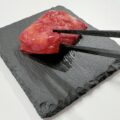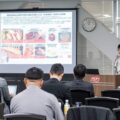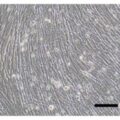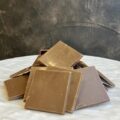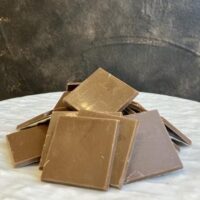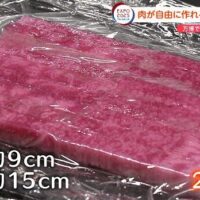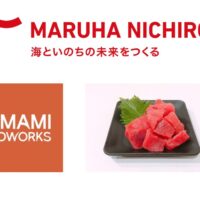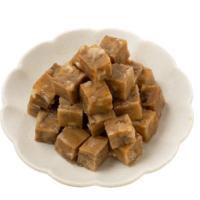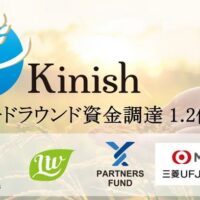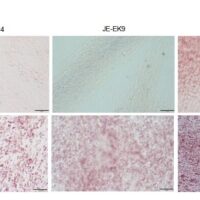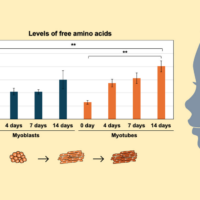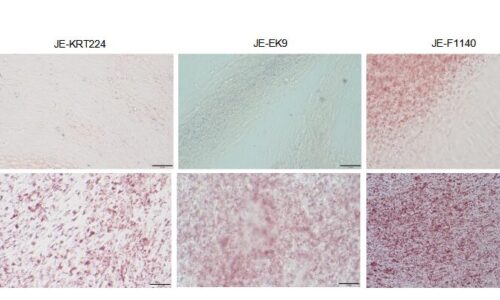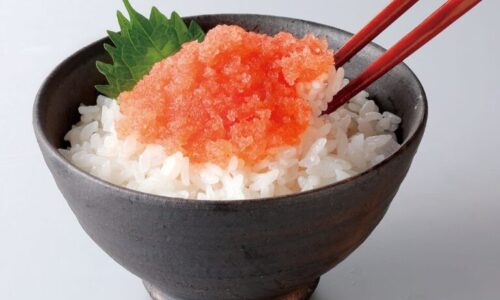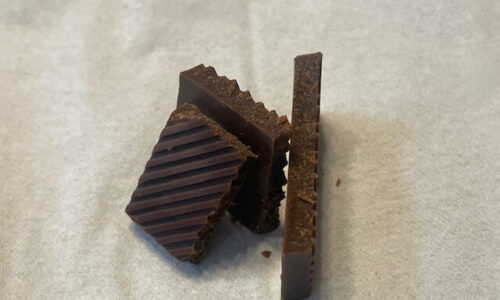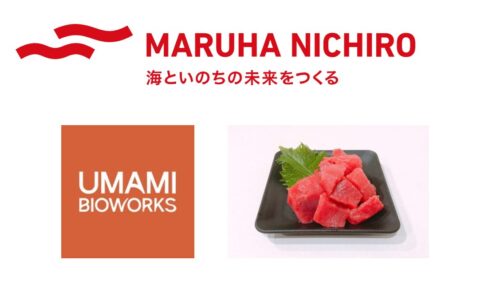This article is an English translation of a Foovo article, published with permission from Foovo.
Integriculture has announced the successful development of prototypes using cultured cells derived from duck liver.
This February, a sensory evaluation session was held at the company’s research base, the Shonan Health Innovation Park, with about 30 development personnel in attendance. Seven prototypes targeting restaurants and processed food applications were presented.
Prototypes of Cultured Cell-Based Foods Derived from Duck
This sensory evaluation session was held with the aim of evaluating the market potential of duck-derived cultured cell-based foods that Integriculture refers to as “Craft Essen.”
Last summer, the company established a production line for culturing duck cells and began trial production for food use.

Source : Integriculture
The seven prototypes unveiled this time consisted of four restaurant menu items and three processed food items, all designed to showcase the umami of cultured foods. Specifically, cultured foods made up approximately 30% of the total ingredients in the restaurant menu items and 20–80% in the processed foods.
Examples of the prototypes include a foie gras-style processed food product made by blending 30% cultured food with vegetable oil, soy milk, and egg white, and a citrus dessert for restaurants made by mixing cultured food with soy milk cream.
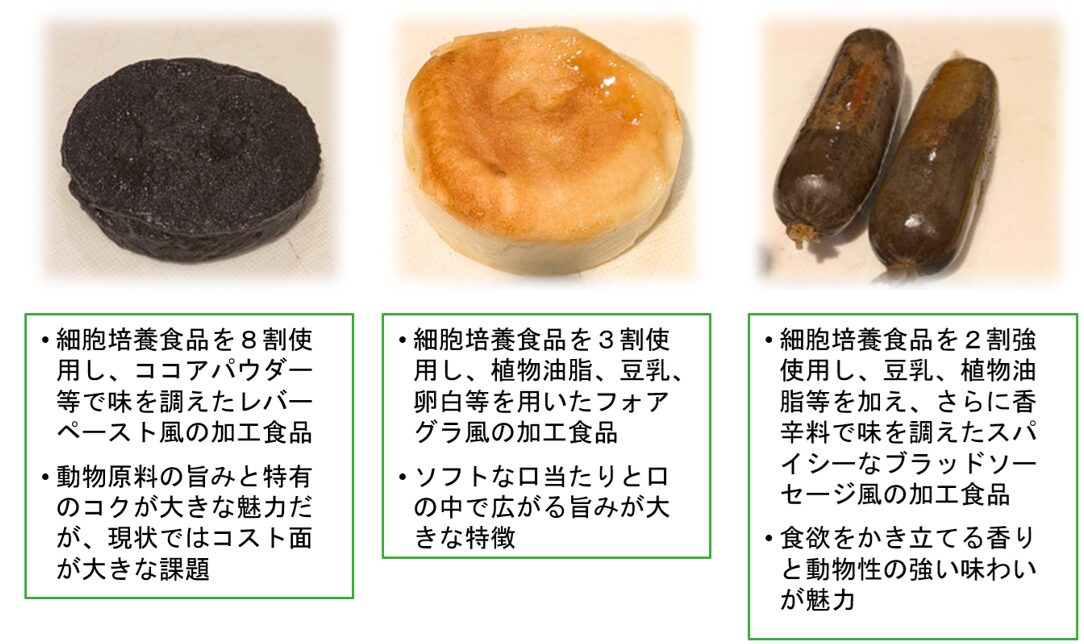
Source : Integriculture
The scaffolds used in developing these prototypes were provided by San-Ei Gen F.F.I., a member of Integriculture’s CulNet Consortium. Those who tasted the prototypes commented that the restaurant dishes were “indistinguishable from non-cultured foods” and that the processed items had a “particularly strong animal umami flavor.”
Based on the results of this evaluation, Integriculture will proceed with product development and consideration of market potential.
Establishment of the Craft Essen Council
Coinciding with the sensory evaluation session, the “Craft Essen Council” was established on the 18th of last month.
The council aims to promote the commercialization and public acceptance of duck-derived cultured cell-based foods through collaboration with related organizations and academia, including the Cellular Agriculture Institute of the Commons (CAIC),Japan Association for Cellular Agriculture (JACA), and the Japan Bioindustry Association.
Professor Tatsuya Shimizu of Tokyo Women’s Medical University, who was appointed as the council’s chair, stated, “Japan has finally reached a phase where we can discuss cultured foods with the general public while showing actual products. It is now important to deepen understanding toward social implementation.”
Integriculture’s Initiatives
Integriculture, founded in 2015, is Japan’s first cellular agriculture company, established with the aim of democratization cell culture technologies.
To promote the democratization of cultivated meat, the company operates the “CulNet Consortium” for joint technological development with business partners that have strengths in various fields. It also provides the “CulNet Pipeline,” a contract R&D service for cultivated meat production using the CulNet System, which enables low-cost production of serum-like components.
In June last year, the company launched a members-only B2B marketplace called “Ocatté Base,” intended as a platform for anyone interested in cellular agriculture to utilize and monetize the technology.
In November, it released the first product on “Ocatté Base”—a cellular agriculture starter kit (culture bag and related materials) co-developed with Sumitomo Riko. By using this kit, it is possible to produce cultivated meat in laboratory-level facilities, provided one has access to cells and serum.
Furthermore, in February this year, the company received a special overdraft loan of 100 million yen from Mizuho Bank. Given that such loans are considered high-risk and subject to strict screening, this can be seen as a reflection of Mizuho Bank’s confidence in Integriculture’s future potential.
Regarding this, the company’s founder and CEO, Yuki Hanyu, commented, “We see significance in the fact that it’s not an equity round, but a regular bank loan. In short, our revenue track record and future prospects have passed the bank assessments. It is a much-needed step toward normalization of cell-ag as an industry.”
You may also like
Photo Source : Integriculture


